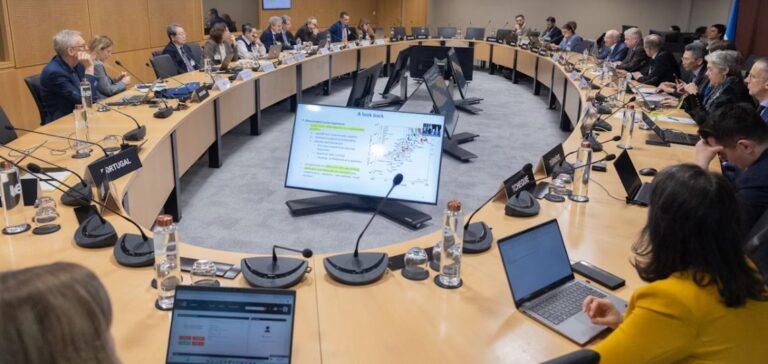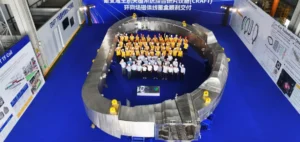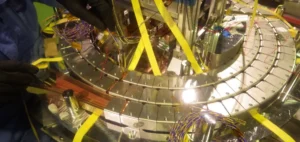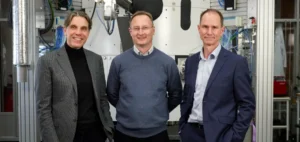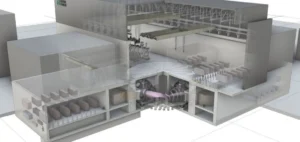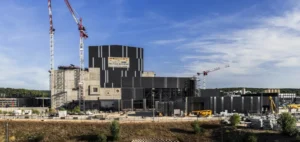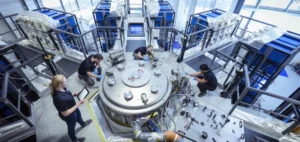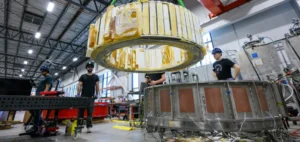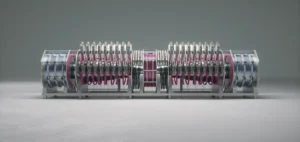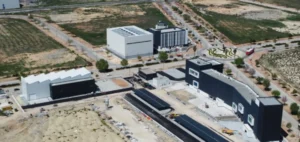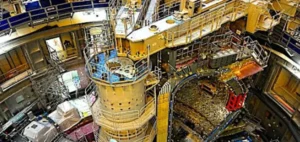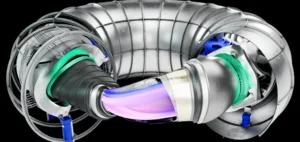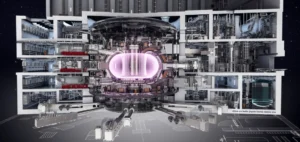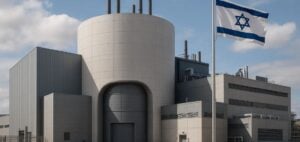A thematic workshop on fusion energy took place at the International Energy Agency (IEA) headquarters, bringing together representatives from the government, academic, and industrial sectors. This meeting was part of the official gathering of the IEA’s Committee on Energy Research and Technology (CERT). The event attracted more than 30 in-person participants and around 40 online participants, offering a platform to exchange perspectives on strategies needed to advance this technology.
Workshop opening
At the opening of the workshop, Toshiyuki Sakamoto, Vice President of CERT, along with Timur Gül, Director of Energy Technologies at the IEA, and David Maisonnier, President of the Fusion Energy Coordination Committee (FPCC), highlighted the challenges and opportunities associated with accelerating fusion energy research. The FPCC oversees the activities of the IEA’s eight Technology Collaboration Programmes (TCPs) working on fusion.
Opportunities and challenges of fusion
Fusion energy offers major prospects, notably the potential to generate large-scale electricity with no carbon dioxide (CO2) emissions and generating little short-lived radioactive waste. However, despite these potential benefits, the technology is still in its early stages of development. Currently, numerous experimental projects are underway globally, with ongoing research breakthroughs. The workshop underscored the importance of increased government support to accelerate research and development in this field.
Public-private sector collaboration
The discussion also addressed funding mechanisms and effective policies to intensify efforts, as well as strategies to strengthen collaboration between the public and private sectors. Additionally, given the scale and complexity of fusion projects, international cooperation was emphasised as essential to advancing research and improving collaborations between public and private stakeholders.
The IEA has supported fusion energy research for many years, particularly through its TCPs, which tackle both fundamental and applied issues, as well as cross-cutting concerns such as safety.


